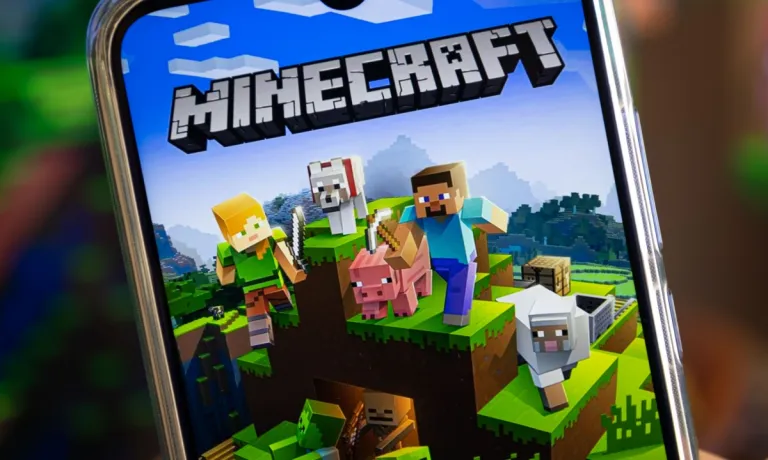AI-driven Technology Set to Replace NPCs in Games with Virtual Human Avatars
- billy4340
- Dec 20, 2023
- 2 min read
NPCx endeavors to integrate artificial intelligence into virtual realms. Mark Zuckerberg introduced his metaverse vision in 2021, and now AI is gradually infiltrating the metaverse, particularly in the realm of digital twins. Recognizing the perceived emptiness of the metaverse, developers are employing AI to animate non-playable characters (NPCs) and inject enjoyment into metaverse gaming, an integral aspect of virtual worlds.
Prioritizing Safety Michael Puscar, CEO of AI company NPCx, shared with The US Sun that their objective is to enable video game players to create clones of themselves in games, allowing these clones to act on their behalf when players are unavailable. Their flagship product, BehaviorX, holds the potential to play a central role in metaverse development, with Puscar emphasizing the need for these clones not only in video games but also within the broader metaverse.
Mark Zuckerberg's vision for the metaverse, introduced in 2021, led to Meta Platforms' investment in rigorous research on virtual worlds, resulting in over $40 billion in losses through their metaverse research arm, Reality Labs. Despite setbacks, the company recently incorporated AI into its portfolio, launching LLaMa 2 in collaboration with Microsoft.
Puscar's innovation aims to enhance gaming realism by introducing AI clones of real-world players or celebrities into the gaming experience. Nvidia, the GPU maker, has similarly introduced ACE, an AI model infusing intelligence into NPCs, demonstrated during Computex 2023 where an NPC interacted with a player in real-time.
While such technology holds promise, Puscar acknowledges potential downsides, such as the risk of misuse for perverse purposes. Instances of virtual sexual assault in Meta's Horizon Worlds highlight the need for increased security measures in these early stages of virtual world development. Brookings, a think tank, emphasizes that the transition from today's internet to the metaverse is a transformative shift from observation to active participation.




Comments